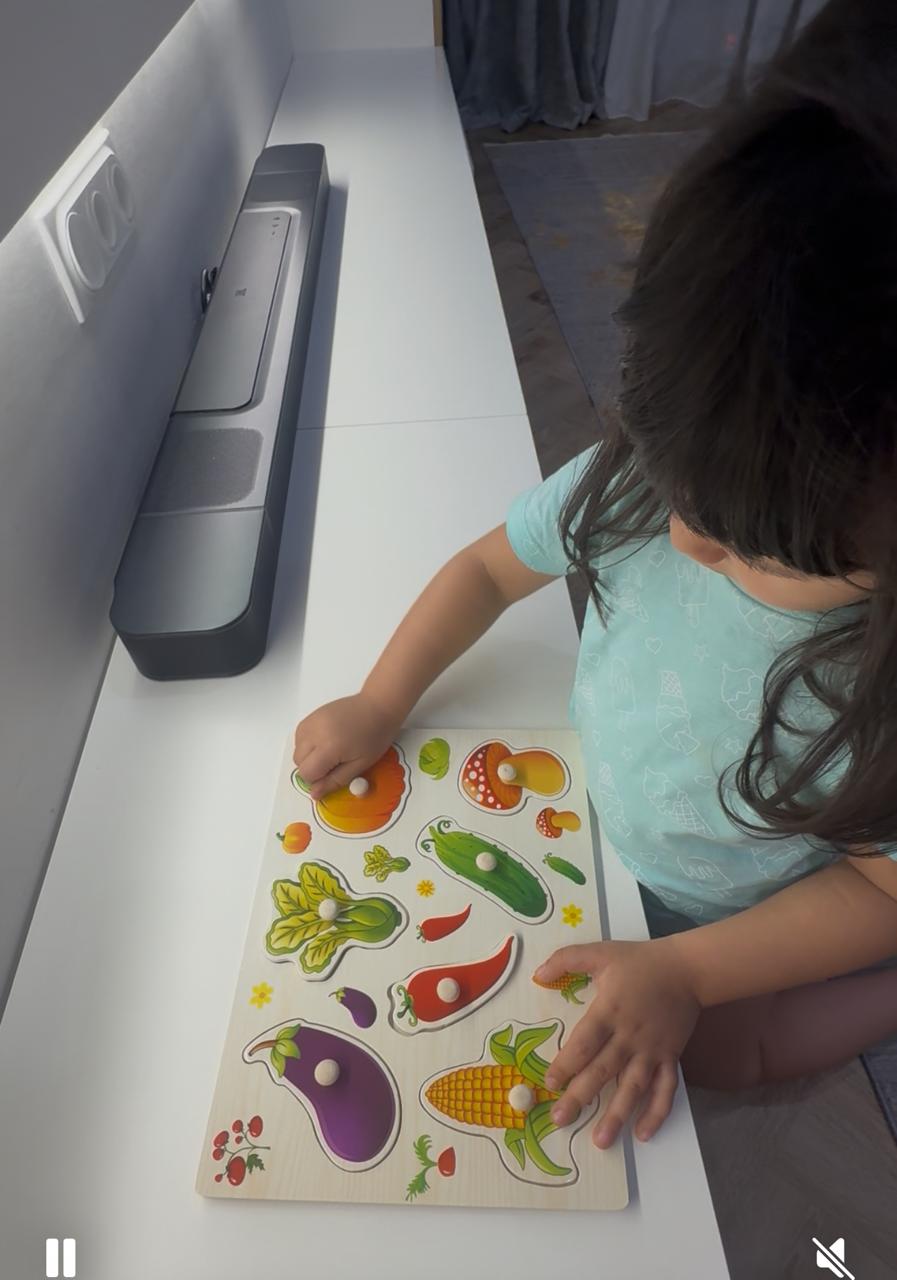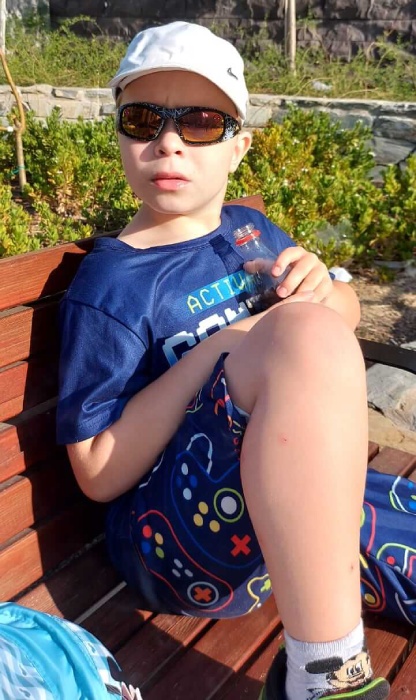Why Do Children With Autism Not Understand Prohibitions?
A very painful and relevant issue for parents of children with autism is that their children do not understand prohibitions (“no,” “don’t”) and social norms. From the outside, it may seem that such a child is poorly raised, but this behavior is driven by the characteristics of the psyche in autism.
Reasons why children with autism do not understand prohibitions:
- Difficulties with social signals: Autism can make it difficult to perceive and interpret social signals, such as facial expressions, intonation, and other non-verbal forms of communication. This can make it hard to understand the subtle aspects of social rules and expectations.
- Perceptual and attention difficulties: Children with autism may have a unique perception of the world and difficulty concentrating on multiple things at once. This can mean they do not always realize that their behavior violates rules or that the prohibition matters.
- Difficulty with flexible thinking: Autism is often associated with difficulties in changing habitual behaviors or flexible thinking. If a child is used to behaving in a certain way, it may be challenging for them to understand or accept the need to change this behavior.
- Difficulties understanding abstract concepts: Prohibitions often rely on the understanding of abstract concepts, such as safety or social norms, which can be difficult for children with autism to perceive and understand.
- Communication problems: Even if the prohibition is understood, children with autism may struggle to express their thoughts and feelings or understand explanations, leading to misunderstandings.
To help children with autism better understand and accept prohibitions, it is important to use clear and specific instructions, visual cues, as well as encourage positive behavior and create a structure in which they can more easily navigate.
Support and adaptation for children with autism
To help a child with autism manage their emotions and build proper relationships with society, the following strategies are recommended:
- Creating a structured environment: Clear and predictable daily routines help the child feel more secure.
- Using visual cues: Visual charts and cues can help the child better understand and follow instructions.
- Developing social skills: Programs that teach social skills can help the child understand and interact better with others.
- Adapting the environment: Addressing sensory needs and creating a comfortable environment can reduce stress and improve behavior.
Working with children with autism often requires an individual approach, patience, and collaboration with professionals such as psychotherapists, speech therapists, and behavioral analysis specialists.
Stem cell transplant – a progressive therapy for autism worldwide.
The leading medical center named after Mardaleishvili in Georgia has been practicing stem cell transplantation for over ten years to correct autism in children. This therapy positively affects all areas of the brain, activating cellular metabolism. As a result, children show positive developmental dynamics: improved behavior, stabilization of the nervous system, and speech development. Stem cell therapy provides significant correction for children with autism, allowing them to minimize autistic traits in the future.
We invite you to receive a free consultation on cell therapy in Georgia!
Autism Treatment Center Videos
Autism treatment with own stem cells
Cord blood association congress
International Quality Crown
Autism Treatment Reviews
Autism treatment with own stem cells
The story of Alessandro (6 years old)
Autism Patient Testimonial - Stem Cell Treatment
Clients Testimonials

Anna – Sasha’s mother Read More

Amirkhon’s father — Tokhir Read More

Dilana’s mother Read More

Irina and Stefan – Ilya’s parents Read More

Kristina – mother of Nelly and Nik Read More












